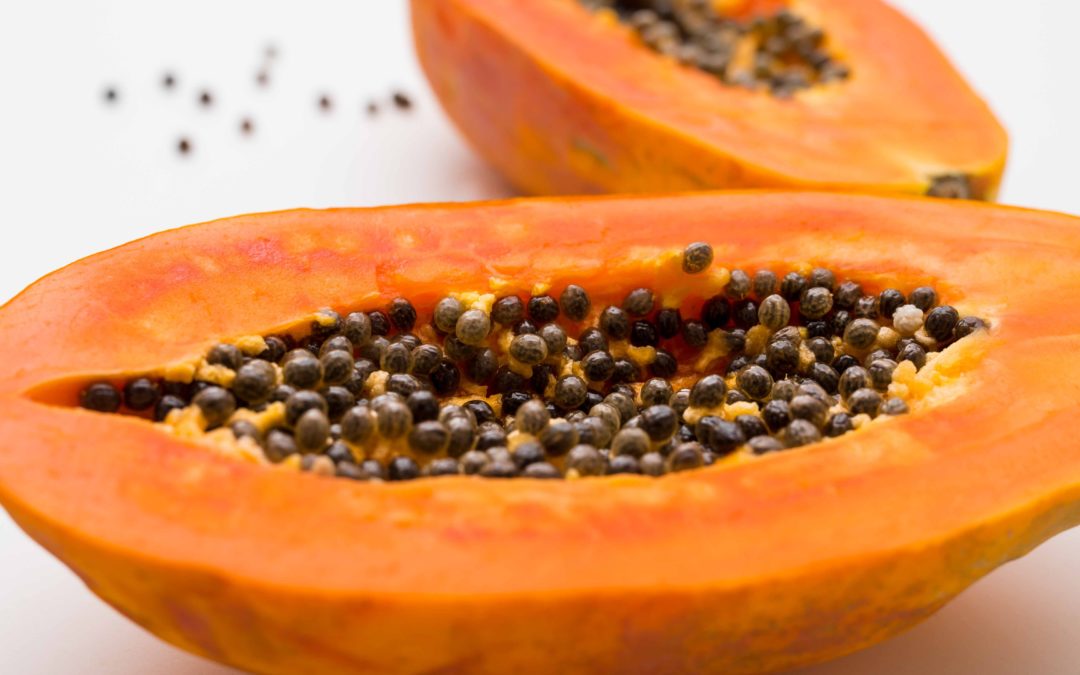


Antioxidants: Your Body’s Natural Superheroes
Antioxidants are substances that protect our bodies and cells from damage that is caused by free radicals. Some antioxidants are naturally occurring while other antioxidants are man-made.


Antioxidants are substances that protect our bodies and cells from damage that is caused by free radicals. Some antioxidants are naturally occurring while other antioxidants are man-made.